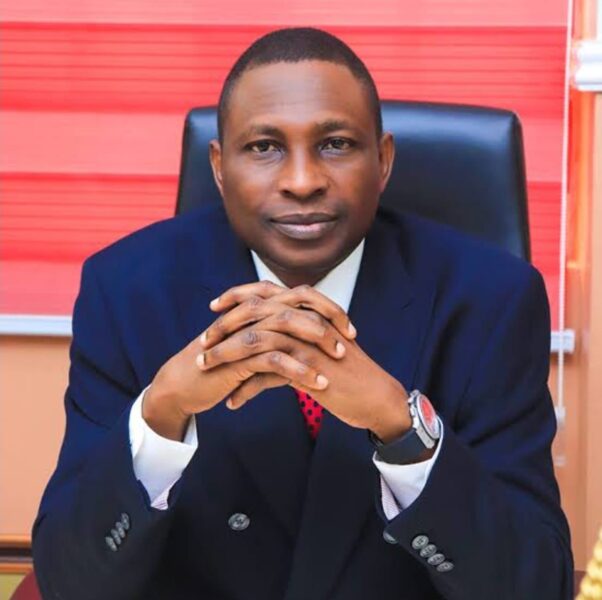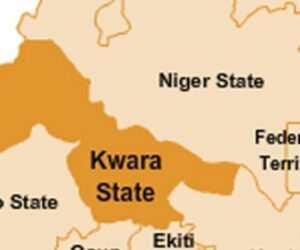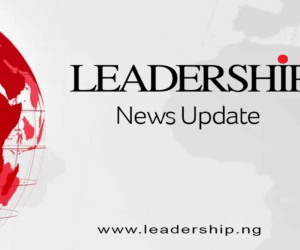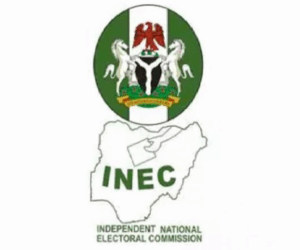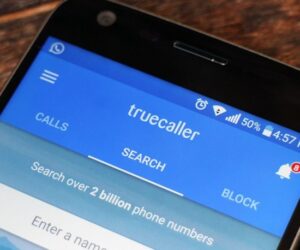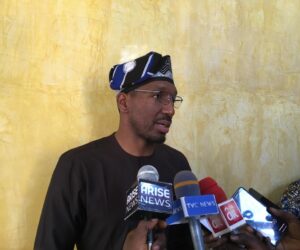The Economic and Financial Crimes Commission (EFCC) has said the surge in internet fraud is directly responsible for the tightening of visa rules against innocent Nigerians abroad.
The EFCC Chairman, Ola Olukoyede, warned that fraudulent practices are not only wre#king the future of those involved but also damaging Nigeria’s reputation.
He said the development is forcing other nations to impose tougher travel conditions on law-abiding citizens.
SPONSOR AD
Olukoyede, represented by Chief Superintendent of the EFCC, CSE Coker Oyegunle, spoke at an event in Port Harcourt, Rivers State, organised by the Coalition of Nigerian Youth on Security and Safety Affairs.
In a statement issued by the commission on the event, the anti-graft czar warned about the long terms consequences of Internet fraud.
The EFCC noted that internet fraud, money laundering and economic sabotage cost Nigeria billions of naira annually, stifle national growth and rob citizens of jobs, infrastructure and opportunities.
“Beyond the economic damage, the crimes erode Nigeria’s image and subject innocent Nigerians to harsher visa restrictions abroad,” the statement read.
He urged young Nigerians to redirect their energy into innovation, entrepreneurship, agriculture and the creative industry rather than waste it on cybercrime.
Olukoyede stressed that “Fraud is not success; it is a trap. Easy come, easy go. Many who follow the path of ‘yahoo-yahoo’ end up losing their freedom, reputation and future. The law is catching up with them and digital footprints never disappear. Don’t destroy your tomorrow with shortcuts today.”
The EFCC chairman also reaffirmed the commission’s commitment to intensifying sensitisation, enforcement and collaboration with communities in tackling cybercrime.
At the event, a representative of the National Drug Law Enforcement Agency, Mathew Ewah, warned that drug abuse remains one of the gravest threats to Nigerian youths, while the Nigeria Security and Civil Defence Corps cautioned against pipeline vandalism in the South-South.
The EFCC has recently stepped up its clampdown on internet fraud nationwide.
In August, its Lagos Zonal Directorate 1 arrested 38 suspected fraudsters at Mambillah Hotel, Ikorodu, Lagos, after days of surveillance. Recovered items included vehicles, mobile phones and substances suspected to be narcotics.
In July, the United States announced a revision to its visa reciprocity schedule for Nigeria, cutting the validity of certain non-immigrant visas to three months and restricting them to single entry.
The affected categories include B1/B2 visas for business and tourism, and F and J visas for students and exchange visitors.

